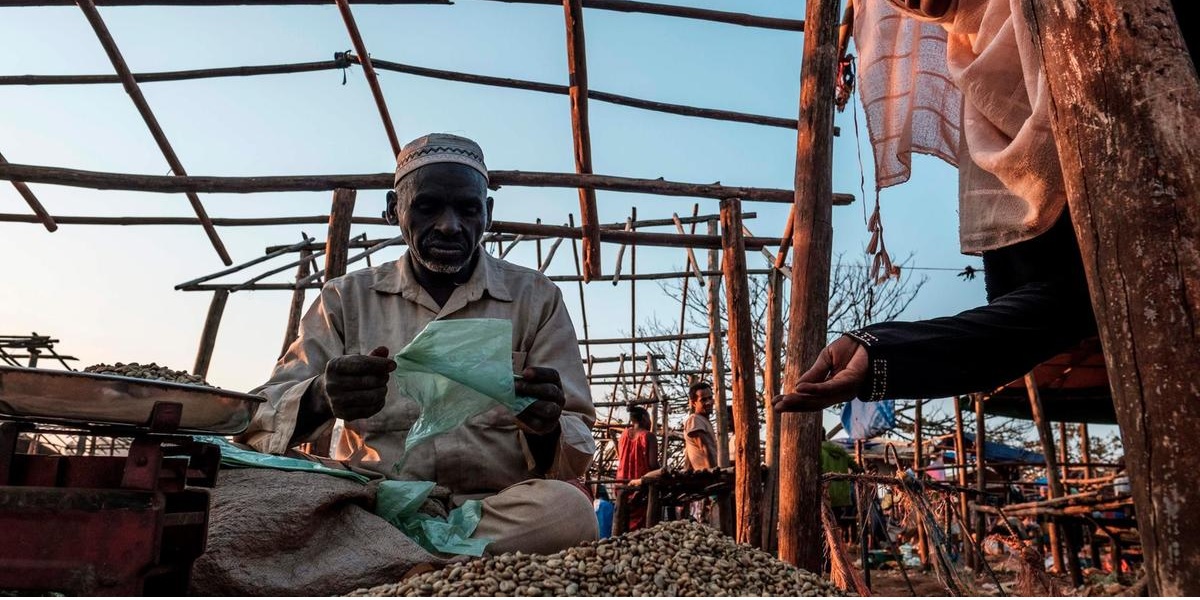New ‘Thank My Farmer’ app will help coffee drinkers further support the farmers who grow their beans
The global coffee industry is now worth some $200 billion (Dh734.64bn) a year, yet the average income for coffee farmers has not changed in two decades. This is according to UK advocacy group Fairtrade. Meanwhile, most coffee drinkers are blissfully unaware that for every $3 to $5 cup of coffee they buy, the original coffee producer may actually make less than 1 cent.
Consumers, as always, wield all the power. They not only play a pivotal role in pushing for higher service standards, but also higher standards of corporate, social and environmental responsibility. In response, many companies have invested in making it easier for consumers to learn more about the products they are buying and the production process. However, transparency has proven difficult to deliver for many food products, including commodities such as coffee and tea.
So, how does a socially conscious consumer make informed choices about what coffee or tea they buy? How does one have any certainty about the sustainability of farming practices or the impact of their purchase on the farmers themselves?
A new blockchain initiative unveiled at this week’s Consumer Electronics Show (CES) 2020 in Las Vegas may shine a light on the way forward. Farmer Connect, an independent ecosystem of coffee farmers and the coffee industry, and IBM rolled out ‘Thank My Farmer’, a mobile app that allows consumers to view information drawn from a network of farmers, traders, roasters and brands.
Built using IBM’s blockchain food safety solution, the new app helps close the gap between a consumer’s coffee purchase and the farmer who grew the coffee beans. Using blockchain to ensure the integrity and security of the data, IBM Food Trust allows all coffee industry partners to share food information, creating a more transparent and trustworthy global food supply chain.
According to founder and president of Farmer Connect, David Behrends, the aim is to humanise each coffee drinker’s relationship with their daily cup of coffee. The app will allow consumers to play an active role in sustainability governance by supporting coffee farmers associated with their coffee brands. The app also gives consumers an opportunity to donate funds directly to farmers around the world, or to help fund sustainability projects in the farmers’ local communities.
Many in the food industry have been developing blockchain solutions to help make the supply chain traceable and more transparent. Last year, the 180-year-old tea producer Assam Company and US-based technology firm SmartFarms unveiled plans to develop a blockchain solution to trace tea leaves from the farm to the cup, together with a consumer app that would also allow consumers to thank farm workers directly.
This story was first published on The National.


